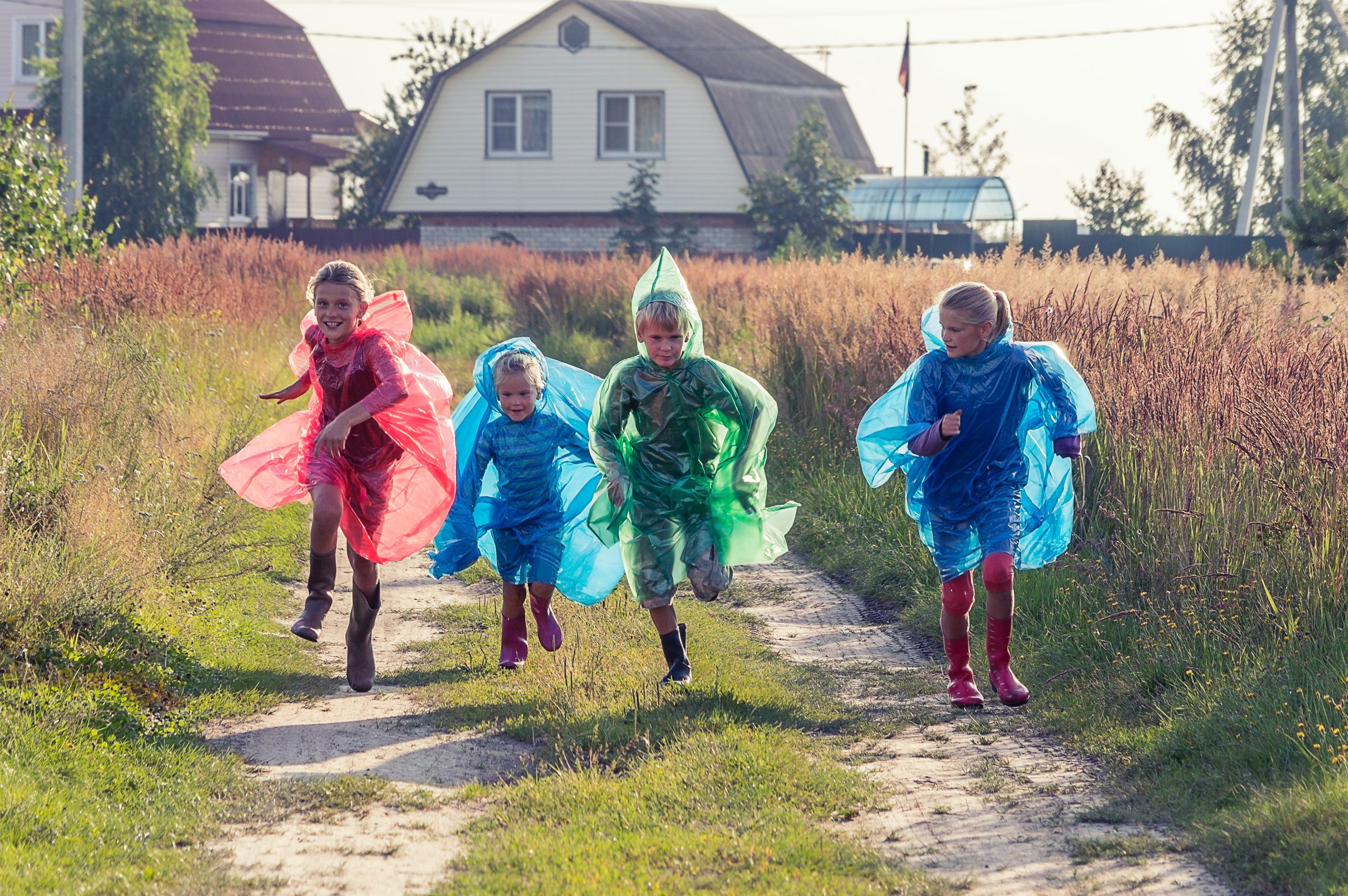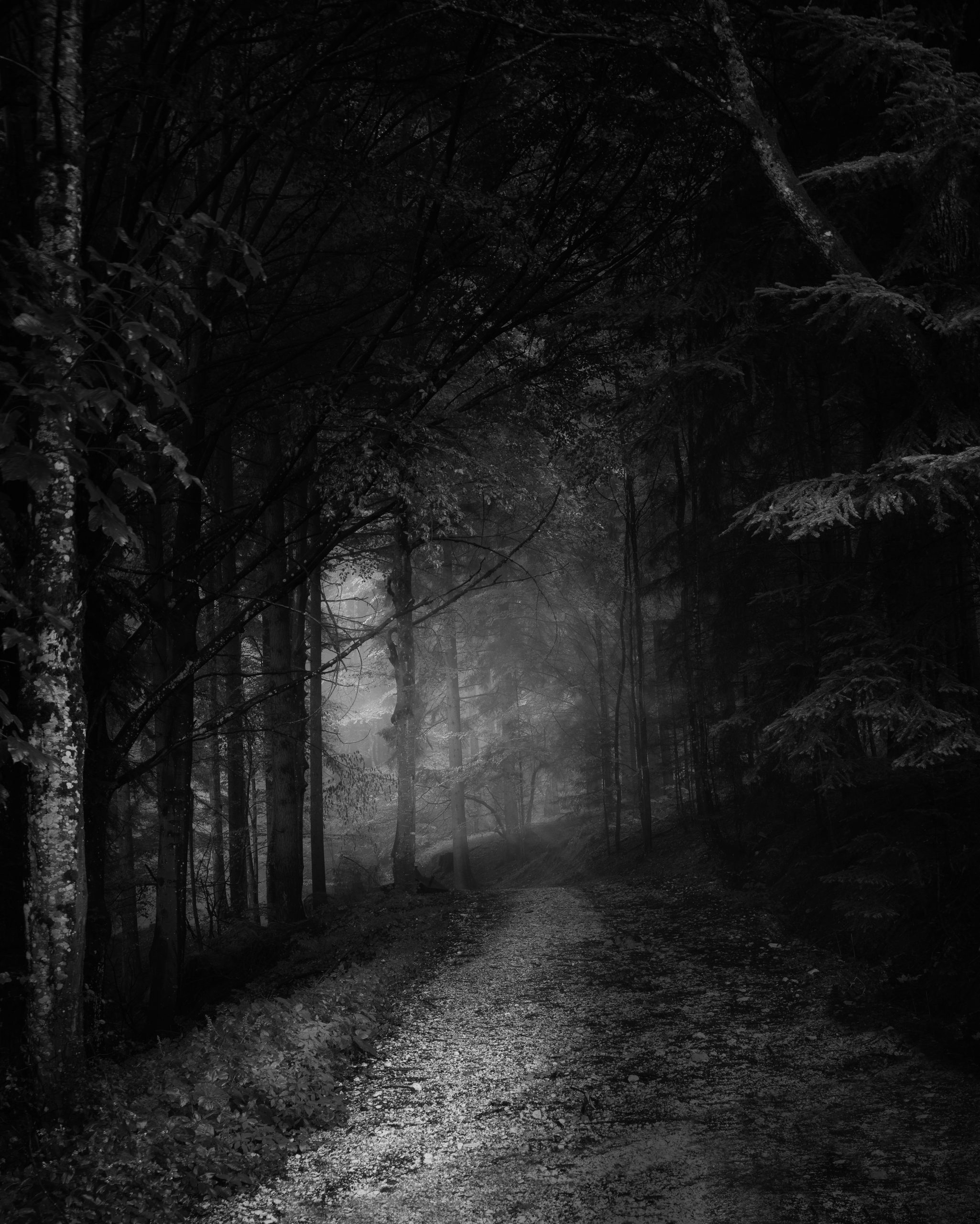How Ki Agency is Responding to Lockdown
As the lockdown gets extended, it seems a good time to say how we’re responding as an agency.
Roz and I are both working remotely, as normally as possible. I’m missing the gym, but am getting out for walks and also finding online workouts. Roz is also doing a lot of walking. Public transport and the daily commute is harder to pine for.
Not having to travel to meetings has given us more time to talk to more people, so we’re catching up more often with publishers and producers. There’s a feeling that we all want to keep the wheels turning. Contracts are being processed, we’re sending publishers and producers stuff to read, money is changing hands, and we’re as focused as always on how to move our clients forward.
It’s also a great time for developing ideas and new projects, and taking a fresh look at how we work and how we can be more effective.
So we’ve been thinking about the agency, and also how best to advise our clients, and the writer community in general. Roz and I have been discussing that today, and the next blogs will address this, so watch this space!
Meg
Concentrate your creativity
Editorial input
Since seeing The Wife last year, I’ve been mulling over the blurry edges of authorship. The Glenn Close character rewrites her husband’s first novel, which is published in his name, and ends up watching him collect a Nobel Prize for ‘his’ impressive contribution to literature.
This extreme situation made me start thinking about the (much smaller) editorial contributions which I and my colleagues make. We don’t discuss it much. Most of us feel that any editorial input to a book or screenplay is the rightful property of the writer.
Agents, publishers, script editors, and producers often discuss work in progress with the writer, and contribute ideas and comments to a greater or lesser extent. Sometimes we offer thoughts that are adopted by the writer, and the resulting work is changed significantly.
I was interested to read this legal report this morning: https://www.harbottle.com/martin-v-kogan/
There are some conclusions to draw from this. First, if a writer accepts a large contribution from a friend, family member, etc, they should discuss this with them and make it right with them, to avoid a future claim.
Second, it’s a good idea to get comments from a small number of people, rather than just one or two. I believe that professionals will continue to be happy to nurture work in progress without claiming ownership of any contributions. Certainly there is no copyright in ideas, and if an agent, publisher or producer did decide to challenge a writer for their earnings, there would normally be only a flimsy basis. We can continue the glorious, fascinating process of discussing developing new projects, but it’s worth bearing this issue in mind.
-Meg
Photo by Glenn Carstens-Peters on Unsplash
The Importance of Authenticity and the Dangers of Script Competitions
Authenticity is a vital part of any artist’s identity and burgeoning style, whether you’re a painter, a singer/songwriter or a screenwriter. As you can imagine we’re inundated with scripts of all types, here at The KI AGENCY and the sheer variety is staggering in terms of quality and subject matter. While we pride ourselves in being able to respond to everybody, one of the most challenging issues is a screenwriter whose work is impressive but has chosen to set their story in an American High School or by a Lake in Vermont, but they’re NOT from there. We totally understand and respect any new writer with Hollywood aspirations but without developing an individual style, you’re just another formulaic writer, akin to a computerised version of a screenwriter.
Everyone from, top studio executives to brand new indie producers, are searching for that certain something that makes a script feel special and ORIGINAL. It doesn’t matter what your background is – some of the UK’s most impressive screenwriters; from Martin McDonagh, Alex Garland, Russel T Davis, Irvine Welsh, Abi Morgan, Sacha Baron Cohen, Lyn Ramsay, Armando Iannucci, Chris Morris, Jack Thorne, etc. – all share a genuine honesty about their stories, so an audience will also “buy” into their words and share their heart-felt convictions, sense of humour and unique take on life.
Which brings me onto the second half of this new blog – SCRIPT COMPETITIONS – just like Film Festivals, of which there are currently more than 365 per year, there are also hundreds of script competitions too. However, which ones are worthwhile entering? Be careful out there – please don’t become a professional “Competition Junkie” and spend all your hard-earned cash. Try to be choosier about which competitions you enter. After much research, I’ve concluded that the safest bet it to apply to genuine FILM FESTIVALS, world-wide who usually all run these types of competitions and or ones attached to legitimate organisations like, BAFTA, BFI, SCREEN SCOTLAND, CREATIVE ENGLAND, etc. As one would expect, the ACADEMY NICHOLL FELLOWSHIP, which is part of the Oscars organisation and the EMMYS run their own prestigious screenplay contests which offer cash prizes but competition is fierce! The Academy competition is only for new feature films and 1st prize is $35,000, whereas the Emmys invite TV scripts only and their 1st prize is a mere $2,500.
Of the many other competitions, the majority being in America, most will charge approximately $50 as an entry fee. Both SHORE SCRIPTS and SCRIPTAPALOOZA have some of the better quality industry judges. SCRIPT LAB, in conjunction to the New York Film Academy is another respected competition, sponsored by FINAL DRAFT (who also have their own separate competition called BIG BREAK). The US film industry’s number one Horror screenplay contest is SCREENCRAFT, whereas, here in the UK, we have the infamous FRIGHTFEST who have also started to run their own script competition. There’s a special screenplay competition for Women over 40, funded by Meryl Streep and run by the New York Women In Film organisation. Whichever competition you decide to enter, please don’t do more than one at a time, be authentic and Good Luck!
Roz
Photo by Randy Fath on Unsplash
Are we looking for new clients?
We've been suddenly inundated by submissions over the past couple of days, and at last understand what's happened: someone on Linked In has featured a number of agents who are apparently looking for new clients.
We're always open to submissions, and do take on new clients, but all agents have to strike a balance between taking on new exciting projects and continuing to do a diligent job for our existing clients.
We've been priding ourselves on responding to all submissions, even if only to acknowledge them (although this slips sometimes in very busy times). However, please bear with us while we work through the sudden flood; we will consider everything but will not be able to respond to everyone.
- Meg
Photo by Vitolda Klein on Unsplash
How to Get (and Not Get) an Agent
HOW NOT TO GET AN AGENT
Firstly, I’ll start with how NOT to get an agent as some of the examples are so awful, that you’d have thought I’d made them up, however, they’re all based on actual incidents, here at The Ki Agency;
1/ Do NOT harass anyone ever, this includes constantly e-mailing, texting or phoning agents to ask them what they thought of their work and when will they be taken on, etc. I would also apply this rule to real life too, so please NEVER harass an agent, manager, director or actor in a public place, lift, bar, etc. to thrust your script upon them, they will hate/pity you and are unlikely to ever read it.
2/ Equally unimpressive is to demand a meeting and/or that we respond immediately…..
3/ Don’t even THINK about re-sending a declined script or book 6 months later, to another agent – we have a database with all our responses to submissions - there is no secret “back door” short cut.
4/ NEVER verbally reprimand someone by shouting on the phone, demanding they read your script – this will never win you an agent, regardless of talent as you are demonstrating what behaviour you think is normal/acceptable. As with any relationship; it’s a two-way street.
5/ Do NOT lie in your cv, this includes claiming to have made Oscar winning or nominated screenplays or films..……do not claim that your work has been shown at various Film Festivals world-wide. Remember how easy it is via the Internet to double check facts and look on imdb.
6/ Don’t send us 10 pages or ask if we want to read the remaining or describe a project, simply send the complete script, BE BRAVE!
7/ Even though you’ve been to lots of different writing courses, it’s probably better to only mention one or two as you just end up looking desperate, addicted or too odd.
8/ Do not list your script or film as winning tons of imaginary prizes, by which I mean paid for screenwriting courses, as this doesn’t count or even film/script competitions that don’t exist!
9/ Do NOT “Hide in History” as I read so many WW1 or Victorian dramas, which are decently written but unlikely to ever be made by a first-timer. A new writer’s work stands a far better chance to be made if it’s modern. Did you know that one hour of contemporary drama costs approximately £750,000 but set in any different period and budgets shoot up to around £3 to £6 million?
10/ On the off-chance that your script is turned down, DO NOT send more projects in – this is know in the business as the “boomerang” response and NOT what anyone wants. Listen to what the agent has said – often there could be really helpful advice about your imperfect script.
11/ Try to resist describing your script as the new BREAKING BAD meets STRANGER THINGS, for example because as brilliant as both these series are; you’re making your project derivative and NOT ORIGINAL – you need to make your project sound as unique and special as possible.
Here are some handy tips in HOW TO WIN THE ATTENTION OF AN AGENT
1/ Write a brilliant, breath-takingly original screenplay, regardless of style, length or genre. Generally speaking, I prefer to read contemporary stories set in the UK or with a British context or protagonist.
2/ Write a sanely worded, well spelt, grammatically correct e-mail, communicating basic facts, contact details and/or creative flourish or links to other work, etc. Be careful with your wording; ie; do not call me Sir (my name is Roz) Be honest about your ambitions and expectations, reference why you’re looking to be represented by this agent, be it some other writer you respect or mutual taste.
3/ Wait – be patient for at least a couple of months or so. Remember that Patience is a Virtue.
4/ Hopefully you WILL find the right agent one day soon, but in the meantime, should an agent say NO, for now, but asks you to stay in touch, for whatever reason, take this advice on the chin – they wouldn’t say this if they didn’t mean it and contact them in 6 months or a year’s time or whenever you have finished a new script or book.
5/ Create an appropriate website which shows off your true talents – you can use photos of yourself and or the projects that you’ve produced. Links to film clips, trailers, etc. are always helpful too. Keep it tight, use some professional quotes, but not too many. Keep away from your private social media details. Have a clear cv somewhere and contact details.
6/ Finally, do remember to KEEP ON WRITING – whatever happens – if you are good, someone, somewhere at some point in your life will recognise this. If you’re creatively stuck, try writing something completely different or in a genre that you’d never liked or contemplated, you could surprise yourself and us!
Good luck and have faith in yourself.
Roz
Photo by Charles Deluvio on Unsplash
Looking back, looking forward
The past year has been a good one for Ki, with some significant and exciting commissions for our clients, and the arrival of Roz who’s already done her first deal as an agent.
It’s always hard to announce specific client news, since it’s so far in advance and we have to observe the sensitivities of the publishers and producers involved. But I think it’s OK to congratulate Emma Adams on her first big TV commission, and announce a new book deal for Mike Carey. We’ve got reasonable hopes for several films to start shooting this year. News will be announced on the website and our Facebook page as it happens.
I find retrospectives generally dull, and – despite the global and domestic issues that have been worrying us all – there are reasons to feel cheerful about the coming year. But, as always, we agents have work to do as well.
In the publishing sector, book sales have gone up by 5% after years of slow but consistent decline. Areas of particular increase have been hardcovers and audiobooks.

That being said, the polarization of authors’ earnings has got to be redressed. The big names get larger revenues; the mid-career or less populist authors increasingly less. There are three areas I’m especially concerned about:
- Deep discounts – for a popular author, you can find that about 20% of their books are sold at the standard rate; and the rest at high discount;
- Special sales – large numbers ofcopies sold to places like The Works or The Book People for eye-wateringly low sums;
- Ebooks – publishers are resisting a review of the standard royalty, which was set at the emergence of this format years ago.
In TV drama, we’re seeing a boom in the quantity of commissions, as well as the quality. Besides Netflix and Amazon, other companies like Apple and Google are getting into the act. We’re busy making the most of this increase in opportunity, but here too there’s a caveat: these companies are making their own content in order to gain market share and drive down revenue to the creators, and to avoid having to buy from other producers (who would charge the
m more for their better, premium content).
For the first time recently I had a ‘What is a film?’ conversation with a prominent producer. What will make people make the trip to a cinema and pay the admission is under intense scrutiny. That being said, box office takings are up.
I’m hoping, too, that the globalisation of media companies will give us some buffer against the political and economic turbulence we’re seeing right now.
We’ll all see if I’m right about 2019. Meanwhile, Roz, Ruth and I wish you a very happy, productive and successful year ahead.
Meg
Photo by Ian Schneider on Unsplash
Writers are like buses...
Of course, nothing could be further than the truth, but in The Ki Agency world, we’ve just experienced a positive deluge of talented new screenwriters on our own doorstep. Not forgetting our early new signings in September this year, we have just signed FIVE brand new writers!
Following the quieter month of October and just like waiting for the irregular number nineteen bus in North London, we are now extremely proud to welcome, not only three but FIVE new people – ERICA HILLER CARPENTER & CARLYLE KING, a writing duo from LA, whose debut screenplay, THE ENGLISH BRIDE suitably impressed us, CASSIE JAUFFRET-LENZI, deserved winner of the recent Sitcom Mission (2018) with her jet black comedy about cancer and dating (!), THIS IS WHY WE CAN’T HAVE NICE THINGS, PHILIP JOHNSTONE, a talented young Scotsman with a gritty writing style and last but no means least, SANDY NICHOLSON, a fascinating genre writer with a proud penchant for horror.
Managing writers’ expectations, regardless of age and experience is an essential aspect of any agent’s job. Naturally both agents and writers’ hopes will rise (all too often, up to sky-high) when a script is sent to a well-known and possibly a personal favourite film, TV company or producer. Trying to then elicit a response is a delicate matter and one where timing is all. Keeping cool during these periods is vital too as sometimes it can be a matter of days, weeks or even months. Prodding the people with power and money is part and parcel of any agent’s job, but to do so successfully whilst getting the best deal for a client, is certainly an acquired art.
Watch this space as we may have an exciting and important news announcement to make….
Roz
Photo by Jeremy Downes on Unsplash
Horror is back, and it's cool!
Being spoilt for choice and running out of time is the norm at any Film Festival but this year’s London Film Festival’s cinematic riches were ridiculously impressive. Knocking off all the films that were due to open soon plus the ones that clashed with our diaries, film tastes or had instantly sold out meant a very peculiar mixed bag schedule. Kicking off with this year’s LFF with a literal ball of fire in Steve McQueen’s deeply powerful and fast moving thriller, WIDOWS, we were also spoilt with a Q & A with the great man himself plus the main cast including Viola Davis.
If I then tell you that the next 3 films I saw all combined excessive 1970’s stylish retro influences and colours, buckets of blood with a sprinkling of wry humour you will be left scratching your heads, but this bunch included; SUSPIRIA, BEING FRANK & IN FABRIC. I won’t tell you anything else as all these films deserve to be seen knowing as little as possible – the internet floods us with far too many opinions. The last film I saw was a low-key Scottish romantic drama called ONLY YOU, shot in and around my home town of Glasgow. Looking towards the future, we (in North London’s Highbury & Islington) are about to have a very exciting new neighbour, LSA, Working Title’s new Film Academy for 16-19 year olds. It is due to open September 2019 and is a great omen for any local kids with an interest in film.
Roz
Photo by Simon Berger on Unsplash









